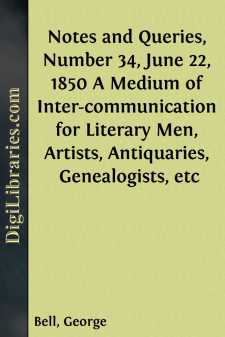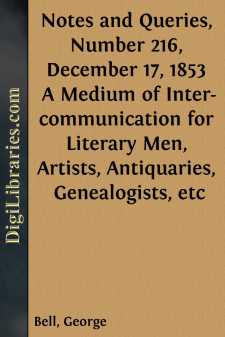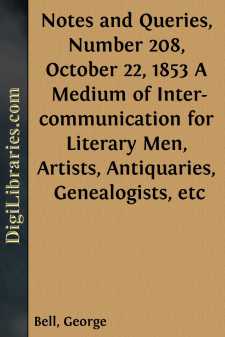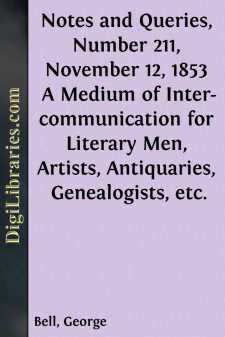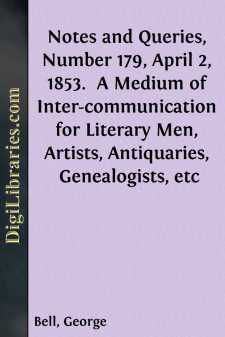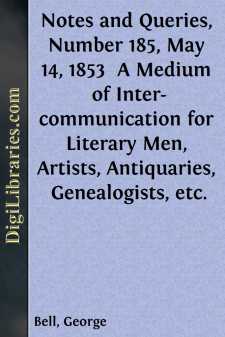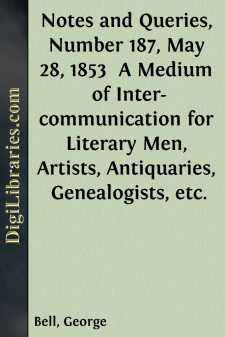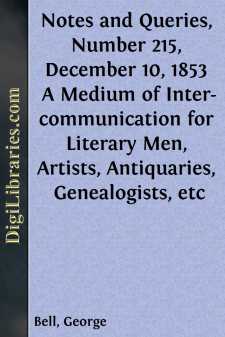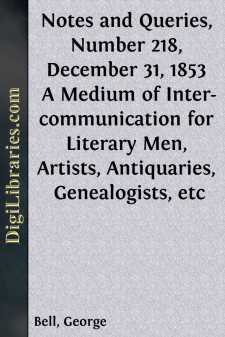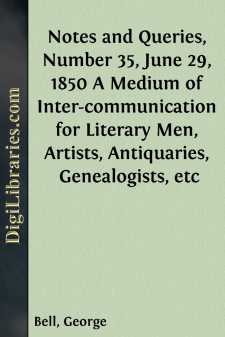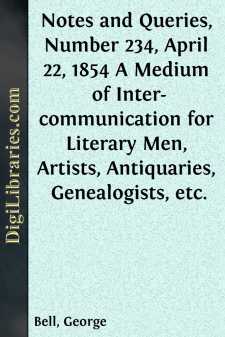Categories
- Antiques & Collectibles 13
- Architecture 36
- Art 48
- Bibles 22
- Biography & Autobiography 816
- Body, Mind & Spirit 145
- Business & Economics 28
- Children's Books 18
- Children's Fiction 14
- Computers 4
- Cooking 94
- Crafts & Hobbies 4
- Drama 346
- Education 58
- Family & Relationships 59
- Fiction 11831
- Foreign Language Study 3
- Games 19
- Gardening 17
- Health & Fitness 34
- History 1378
- House & Home 1
- Humor 147
- Juvenile Fiction 1873
- Juvenile Nonfiction 202
- Language Arts & Disciplines 89
- Law 16
- Literary Collections 686
- Literary Criticism 179
- Mathematics 13
- Medical 41
- Music 40
- Nature 179
- Non-Classifiable 1768
- Performing Arts 7
- Periodicals 1453
- Philosophy 66
- Photography 2
- Poetry 897
- Political Science 203
- Psychology 45
- Reference 154
- Religion 516
- Science 126
- Self-Help 86
- Social Science 82
- Sports & Recreation 34
- Study Aids 3
- Technology & Engineering 59
- Transportation 23
- Travel 463
- True Crime 29
Our website is made possible by displaying online advertisements to our visitors.
Please consider supporting us by disabling your ad blocker.
Notes and Queries, Number 34, June 22, 1850 A Medium of Inter-communication for Literary Men, Artists, Antiquaries, Genealogists, etc
by: George Bell
Categories:
Description:
Excerpt
THE "AGAPEMONE" OF THE SIXTEENTH CENTURY.
As it is not generally known that the "Agapemone" had a prototype in the celebrated Family of Love, some account of this "wicked sect" may not at this moment be without interest to your readers:—
"Henry Nicholas, a Westphalian, born at Munster, but who had lived a great while at Amsterdam, and some time likewise at Embden, was the father of this family. He appeared upon the stage about the year 1540, styled himself the deified man, boasted of great matters, and seemed to exalt himself above the condition of a human creature. He was, as he pretended, greater than Moses and Christ, because Moses had taught mankind to hope, Christ to believe, but he to love; which last being of more worth than both the former, he was consequently greater than both those prophets."—See Brandt's Hist. of the Reform, &c., in the Low Countries, vol. i. p. 105, ed. 1720.
According to some writers, however, the sect was not founded by Henry Nicholas, but by David George, an Anabaptist enthusiast of Delft, who died in 1556; and indeed there is some reason to believe that the Family of Love grew out of the heresies of the said George, with whom Nicholas had been on friendly terms.
"'Not content,' says Fuller, speaking of Nicholas, 'to confine his errors to his own country, over he comes into England, and in the latter end of the reign of Edward the Sixth, joyned himself to the Dutch congregation in London, where he seduced a number of artificers and silly women.'"—Church. Hist., p. 112, ed. 1655.
On the 12th of June, 1575, according to the historian Hollinshed,
"Stood at Paule's Crosse five persons, Englishmen, of the sect termed the Familie of Love, who there confessed themselves utterlie to detest as well the author of that sect, H. N., as all his damnable errors and heresies."
A curious little volume on the history and doctrines of this sect appeared in the year 1572, from the pen of John Rogers, entitled The Displaying of an horrible Secte of grosse and wicked Heretiques, naming themselves the Family of Love, with the Lives of their Authors, and what Doctrine they teach in Corners. Imprinted at London for George Bishop. 1579. 12mo. Christopher Vittall, a joiner of Southwark, who had been infected with the doctrine of Arius some twenty years before, and whose credit was great amongst the Family of Love, was at this period actively engaged in teaching their doctrines. He travelled about the country to disseminate them; and was likewise author of a little book, in reply to Roger's Displaying of the sect, printed in the same year.
At the close of the year 1580 the sect was increasing so rapidly in England, that the government took active measures for its suppression, and the Queen issued a proclamation to search for the "teachers or professors of the foresaid damnable sect," and to "proceed severelie against them." This proclamation may be seen in Hollinshed and in Camden's Annals.
After the death of Queen Elizabeth—
"The Family of Love (or Lust rather)," according to Fuller, "presented a tedious petition to King James, so that it is questionable whether his Majesty ever graced it with his perusall, wherein they endeavoured to cleare themselves from some misrepresentations, and by fawning expression to insinuate themselves into his Majesty's good opinion."
After printing the petition Fuller proceeds—
"I finde not what effect this their petition produced, whether it was slighted and the petitioners looked upon as inconsiderable, or beheld as a few frantick folk out of their wits, which consideration alone often melted their adversaries' anger into pity unto them....


